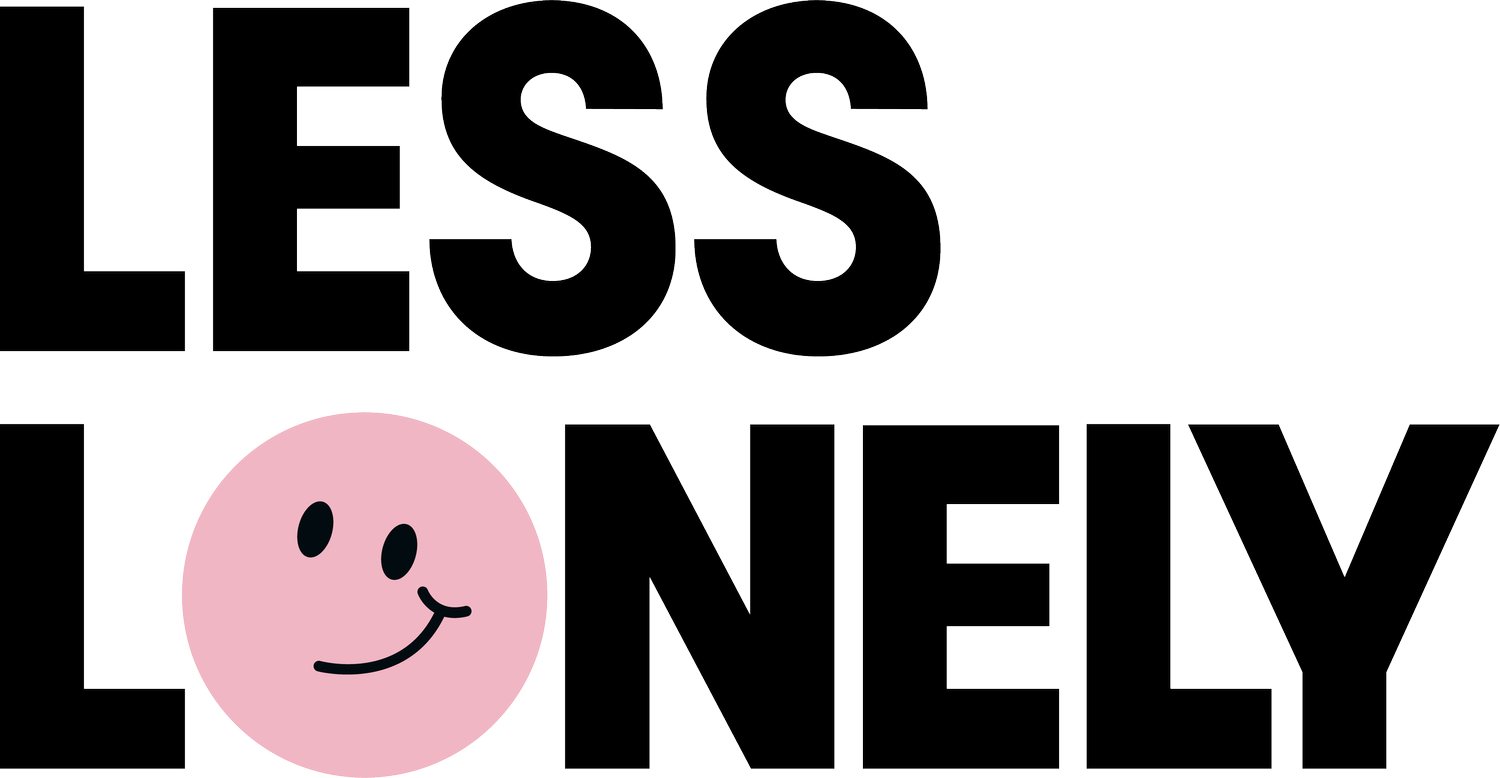Michelle Obama Felt Like a "Failure" After Her 1st Miscarriage
Michelle Obama for Elle
If you have a miscarriage, it’s not uncommon to feel like you’re alone in your struggle amidst all of the birth announcements and pregnancy photoshoots cluttering your Instagram feed. But the reality? 10 to 20 percent of pregnancies end in that loss. You just don’t hear about it. And that’s why Michelle Obama is speaking out about her own experience she went through nearly two decades ago.
In an interview with ABC’s Robin Roberts, the former First Lady said she suffered a miscarriage 20 years ago. “I felt like I failed because I didn’t know how common miscarriages were because we don’t talk about them,” she said. “We sit in our own pain, thinking that somehow we’re broken.”
In the moment, she admitted she felt so “lost and alone”—something that is nearly impossible not to feel with the “don’t ask, don’t tell” attitude surrounding miscarriage, psychologist Jessica Zucker, PhD, has shared. Heck, even docs often advise their patients to keep their pregnancies a secret until they get through the first 13 weeks (when most miscarriages happen) problem-free.
“That translates to, ‘Don’t share your good news in case it becomes bad news, so that you don’t have to share your bad news,'” Dr. Zucker said. “This age-old construct essentially sets us up for silence and isolation if things go awry. Though we would prefer bad news not exist, it does. The sooner we institute new ways of discussing these traumas, the sooner women will feel more connected and receive the support they deserve.”
“I felt like I failed because I didn’t know how common miscarriages were because we don’t talk about them. We sit in our own pain, thinking that somehow we’re broken.” —Michelle Obama
After her miscarriage, Obama decided to go the in-vitro fertilization route (where eggs are fertilized outside your body in a lab and implanted into your uterus) to make their dreams of having a family come true—and it did, bringing Sasha and Malia into the world.
Now, the former First Lady says she wants to raise awareness of the issue so others don’t suffer in silence like she did. ““I think it’s the worst thing that we do to each other as women, not share the truth about our bodies and how they work,” she said. With the large audience she has, hopefully even more couples who are having a hard time bringing a baby into the world will realize they’re not alone in their journey in trying to become a mom. Because everyone has their struggles—even America’s forever super woman.


